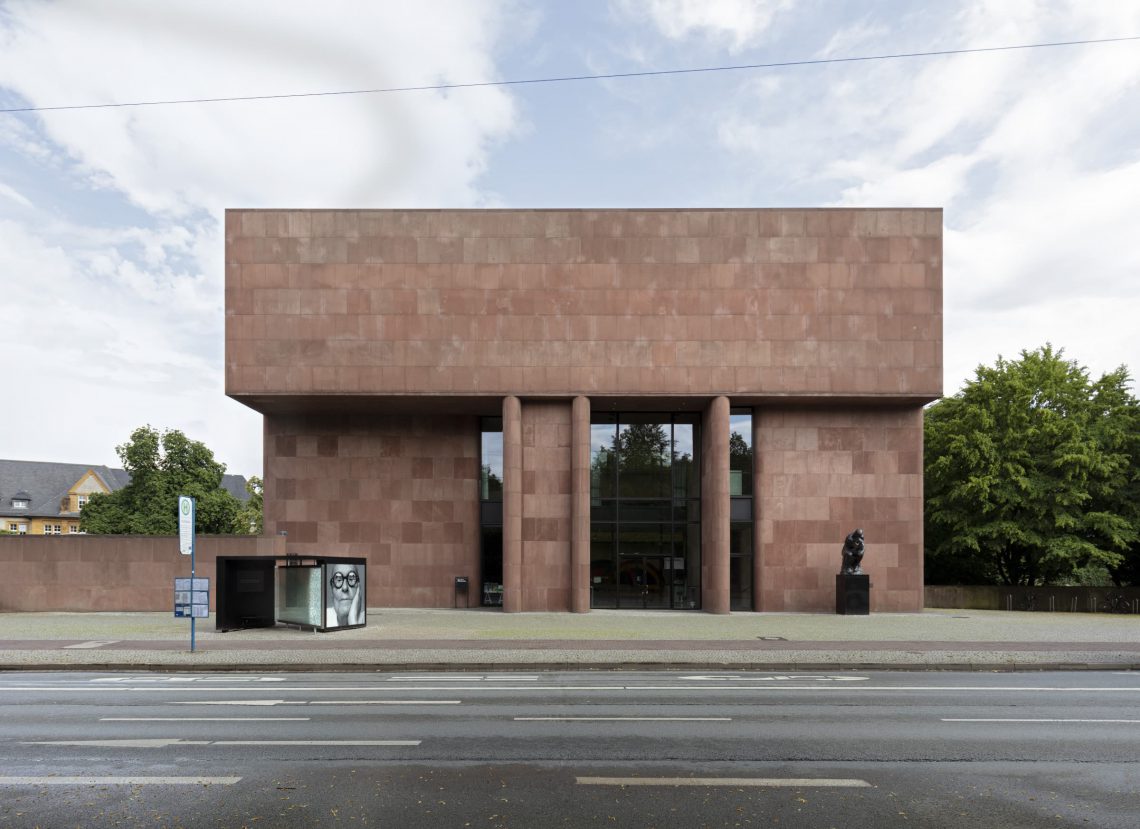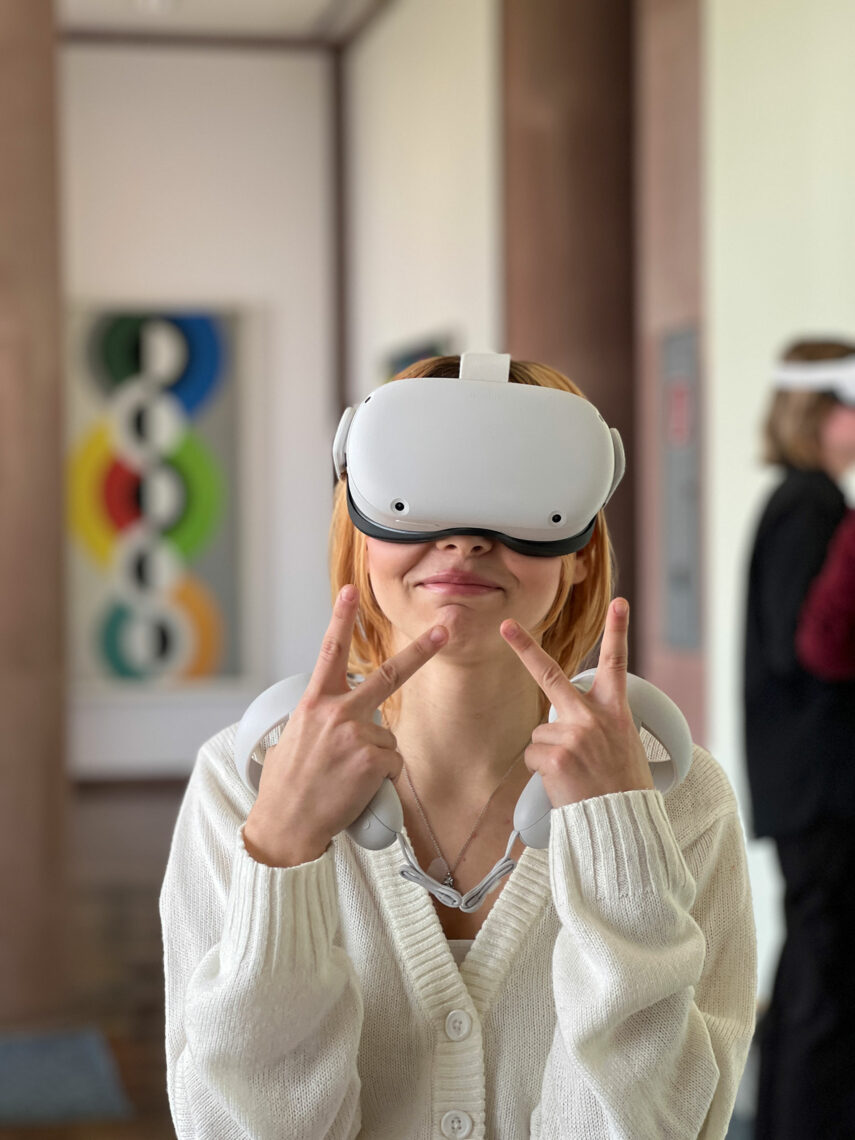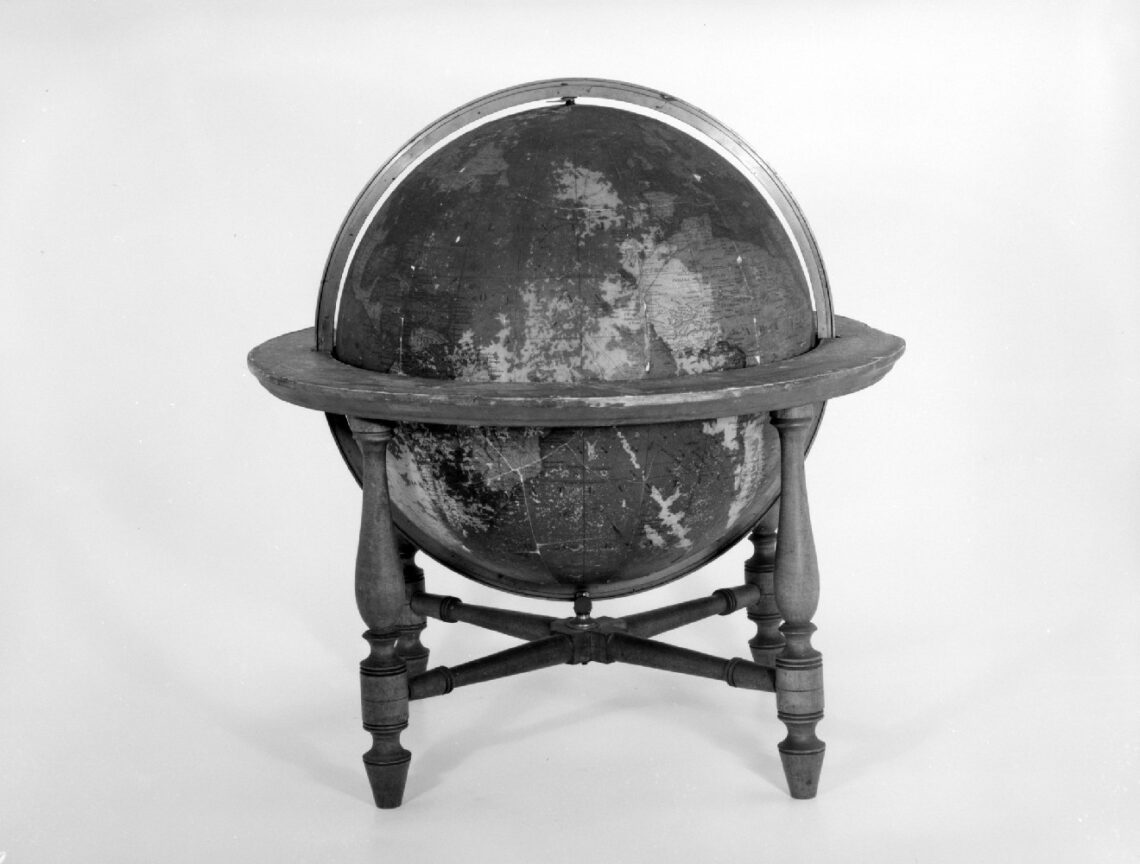The path to a climate-friendly museum
A contribution by Prof. Peter Gorschlüter
Director of the Museum Folkwang in Essen
Lecture as part of the symposium
Yesterday. Today! Tomorrow?
From the museum of late modernism, its history and its future, monument protection, the “third place” or climate box versus climate crisis.
Part III, October 27 + 28, 2023
Climate box versus climate crisis. Fit for the future: the climate-neutral museum
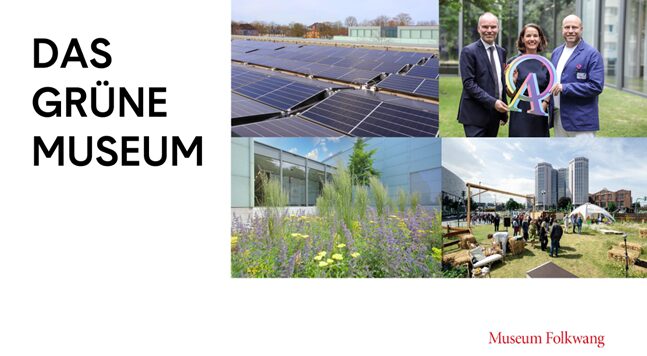
In order to become climate-neutral as a museum, a holistic rethinking, responsible action and investments in technical innovations are required. If museums want to continue to serve as role models for society, they must combine the energy-intensive preservation of cultural heritage, visitor-intensive museum operations, and international collaboration with future-oriented sustainability management. The keynote lecture will provide an insight into programmatic, organizational and technical fields of action in the area of sustainability, using the example of the Museum Folkwang.
You can watch the recording of the entire talk here.
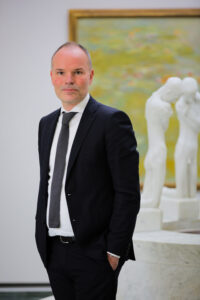
Director of the Museum Folkwang in Essen
Peter Gorschlüter was born in Mainz in 1974 and has been director of the Museum Folkwang since July 2018. After studying art history and media theory, Gorschlüter was a research assistant at the Kunsthalle Düsseldorf from 2002 to 2007. From 2008 to 2010 he worked as a curator at Tate Liverpool, where he headed the Collection and Exhibitions Department. In 2010 Gorschlüter was co-curator of the Liverpool Biennial. From 2010 to 2018 he was deputy director at the MMK Museum für Moderne Kunst Frankfurt am Main. In 2021 he was awarded an honorary professorship for “Art and the Public” at the Folkwang University of the Arts in Essen. Together with Regina Selter (Museum Ostwall/Dortmunder U), he is the spokesperson for the network of 21 RuhrKunstMuseen.
In order to become climate-neutral as a museum, a holistic rethinking, responsible action and investments in technical innovations are required. If museums want to continue to serve as role models for society, they must combine the energy-intensive preservation of cultural heritage, visitor-intensive museum operations, and international collaboration with future-oriented sustainability management. The keynote lecture will provide an insight into programmatic, organizational and technical fields of action in the area of sustainability, using the example of the Museum Folkwang.
The symposium is sponsored and supported by:

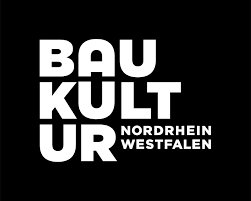

Gallerie

